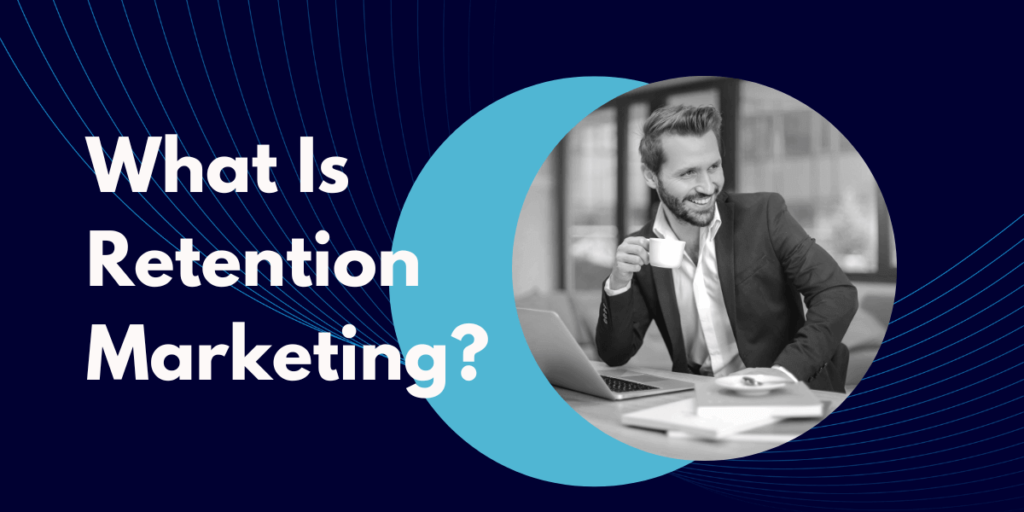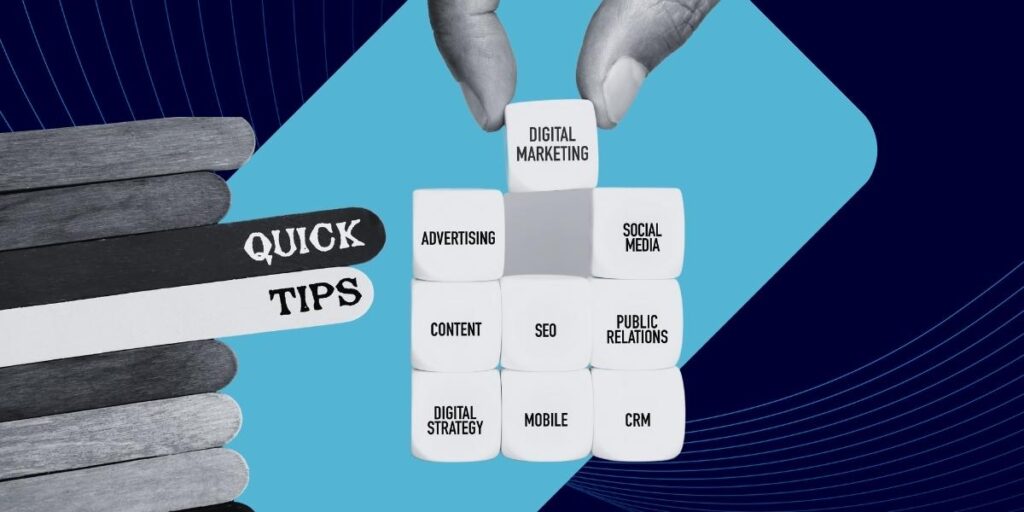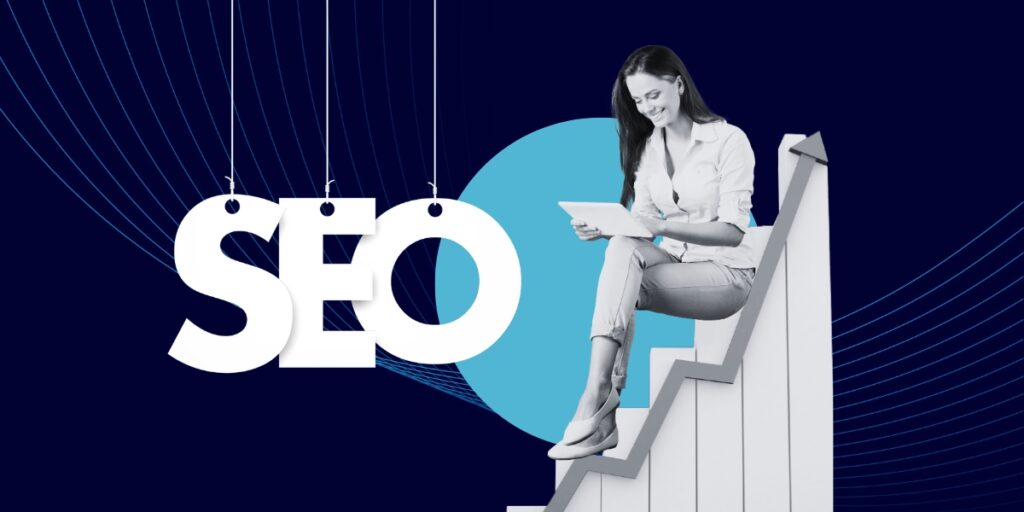In today’s competitive digital landscape, getting new customers is undoubtedly important. However, what separates successful businesses from the rest is their ability to retain and nurture existing customers. This is where retention marketing comes into play. This blog will explain what is retention marketing, and how it is used to offer a better customer experience.
Retention marketing focuses on building strong and long-lasting relationships with your current customer base, maximizing customer lifetime value, and fostering loyalty. It is a strategic approach that goes beyond the initial purchase, aiming to keep customers engaged, satisfied, and coming back for more.
Let’s delve into the world of retention marketing, exploring what it entails, why it is crucial for businesses, and how to implement effective strategies. We will provide you with valuable insights, tips, and practical advice to help you develop a strong retention marketing strategy that drives customer loyalty and boosts your bottom line.
Whether you’re a small business owner, a marketing professional, or an entrepreneur looking to enhance customer retention, this blog will equip you with the knowledge and tools needed to make retention marketing a core aspect of your digital marketing efforts. So, let’s dive in and discover how you can retain and delight your customers in today’s dynamic business environment.
The Importance of Retention Marketing
Now that we understand the essence of retention marketing, let’s explore why it holds immense significance for businesses of all sizes and industries.
While acquiring new customers is undeniably crucial for growth, focusing solely on customer acquisition can be a costly and unsustainable strategy in the long run.
1. Maximizing Customer Lifetime Value
One of the primary goals of retention marketing is to maximize customer lifetime value (CLV). CLV refers to the total revenue a customer generates throughout their relationship with your business. By nurturing existing customers and encouraging repeat purchases, you can significantly increase their CLV.
When compared to acquiring new customers, selling to existing customers is more cost-effective. According to research, acquiring a new customer can cost five times more than retaining an existing one. Additionally, existing customers are more likely to spend more per transaction, making them a valuable asset for your business’s financial success.
2. Fostering Customer Loyalty
Retaining customers goes hand in hand with fostering loyalty. When customers feel valued and appreciated, they are more likely to remain loyal to your brand. Loyal customers not only make repeat purchases but also act as brand advocates, spreading positive word-of-mouth and bringing in new customers through referrals.
Moreover, loyal customers are less sensitive to price changes and more forgiving of occasional shortcomings. They are willing to give your business a second chance if a problem arises, allowing you to rectify the situation and maintain a strong customer relationship.
3. Building a Competitive Advantage
In today’s saturated market, where competition is fierce, businesses must find ways to stand out from the crowd. Retention marketing can be a powerful tool for building a competitive advantage. By focusing on customer retention and providing exceptional experiences, you differentiate your brand from competitors solely focused on customer acquisition.
When customers have a positive experience and feel connected to your brand, they are less likely to switch to a competitor, even if they offer lower prices. Your superior customer service, personalized communication, and tailored offers create a barrier to entry for your competitors and strengthen your position in the market.
Effective Strategies for Retention Marketing
Now that we understand the importance of retention marketing, let’s explore some effective strategies that can help you engage and retain your customers.
1. Personalization and Customer Segmentation
Personalization is a key element in retention marketing. Customers want to feel valued and understood by the brands they interact with. By leveraging customer data and segmentation, you can create personalized experiences tailored to the specific needs and preferences of your customers.
Segment your customer base based on demographics, purchase history, behavior, or any other relevant factors. This allows you to send targeted messages, recommend relevant products or services, and provide personalized offers. Whether it’s through personalized email campaigns, product recommendations on your website, or exclusive discounts, personalization can significantly enhance customer loyalty.
2. Regular Communication and Engagement
Maintaining regular communication with your customers is essential for retention. By staying engaged with your audience, you ensure that your brand remains top of mind and relevant to their needs. Here are some effective communication channels to consider:
- Email Marketing: Send regular newsletters, personalized product updates, and exclusive offers to keep your customers informed and engaged.
- Social Media: Utilize social media platforms to share valuable content, run contests or giveaways, and foster a sense of community among your customers.
- Customer Surveys and Feedback: Actively seek feedback from your customers to understand their needs and expectations. Implementing their suggestions demonstrates that you value their opinion and are committed to improving their experience.
3. Loyalty Programs and Incentives
Implementing a loyalty program can be a powerful retention strategy. Rewarding customers for their loyalty encourages repeat purchases and fosters a sense of exclusivity. Consider offering incentives such as discounts, freebies, or VIP perks for loyal customers.
Tailor your loyalty program to align with your customer’s preferences and purchasing habits. This could involve a tiered system that offers increasing rewards based on their level of engagement or a points-based program where customers accumulate points for every purchase.
4. Exceptional Customer Service
Providing exceptional customer service is crucial for retaining customers. When issues arise, address them promptly and professionally. Aim to exceed expectations and go the extra mile to resolve problems. A satisfied customer who receives excellent service during a challenging situation can become an even more loyal advocate for your brand.
Invest in training your customer service team to handle inquiries, complaints, and requests with empathy and efficiency. Offer multiple channels for customers to reach out, such as phone, email, live chat, and social media. By providing a seamless and positive customer service experience, you build trust and reinforce customer loyalty.
5. Continuous Value Delivery
To retain customers, it’s vital to consistently deliver value beyond the initial purchase. Regularly engage with your customers by providing relevant and informative content, offering educational resources, or sharing industry insights. By positioning your brand as a trusted source of valuable information, you increase customer engagement and build long-term relationships.
Additionally, consider offering post-purchase support, such as tutorials, guides, or customer-exclusive events. By demonstrating your commitment to their success and satisfaction, you solidify their trust and loyalty to your brand.
Incorporating these strategies into your retention marketing efforts can significantly impact customer loyalty and retention. Remember, it’s not just about acquiring new customers but also nurturing and engaging the ones you already have.
Practical Tips for Successful Retention Marketing
Now that we have explored effective strategies for retention marketing, let’s dive into some practical tips to help you implement these strategies successfully.
1. Collect and Leverage Customer Data
To personalize your marketing efforts and effectively engage with your clients, it’s essential to collect and leverage customer data. Implement systems to gather information such as purchase history, preferences, and demographics. Utilize customer relationship management (CRM) tools to organize and analyze this data effectively.
By understanding your customer’s behavior and preferences, you can create targeted and personalized marketing campaigns. Leverage automation tools to deliver personalized emails, recommend products, or provide tailored offers based on individual customer data.
2. Implement Behavior-based Triggers
Behavior-based triggers allow you to engage with customers at the right moment, increasing the chances of retaining their interest and loyalty. Set up triggers that respond to specific customer actions or milestones, such as making a purchase, abandoning a cart, or reaching a certain loyalty program tier.
There are many examples where this can be used like if a customer abandons their cart, you can automatically send them a reminder email with an incentive to complete the purchase. If a customer reaches a milestone in your loyalty program, acknowledge their achievement and offer additional rewards or benefits. These tactics can boost your eCommerce.
Grow Your eCommerce Business Like Never Before
The Marketing Hawks Will Help You Run Targeted Marketing Campaigns With Favorable ROI.
3. Encourage and Respond to Customer Feedback
Customer feedback is a valuable resource for improving your products, services, and overall customer experience. Actively encourage customers to provide feedback through surveys, reviews, or social media channels. Make it easy for them to share their opinions and suggestions.
Ensure that you respond to customer feedback promptly and take appropriate actions based on their input. This demonstrates that you value their opinions and are committed to continuously improving their experience. Keep customers updated on the changes or improvements you make based on their feedback, reinforcing their sense of being heard and valued.
4. Monitor and Measure Key Metrics
To evaluate the effectiveness of your retention marketing efforts, it’s crucial to monitor and measure key metrics. Some essential metrics to track include customer retention rate, customer lifetime value (CLV), repeat purchase rate, and customer satisfaction scores.
Regularly analyze these metrics to identify trends, patterns, and areas for improvement. Use the insights gained to refine your retention marketing strategies and optimize your customer retention initiatives.
5. Continuously Test and Optimize
Retention marketing is an ongoing process that requires constant testing and optimization. Experiment with different approaches, messaging, and incentives to understand what resonates best with your customers. A/B testing can help you determine the most effective strategies for improving customer engagement and retention.
Monitor the results of your tests and make data-driven decisions to refine your retention marketing strategies. Continuously optimize your campaigns and initiatives based on the insights gained from testing, ensuring that you stay relevant and impactful in your customer retention efforts.
By implementing these practical tips, you can enhance your retention marketing strategies and strengthen customer loyalty. Remember, retention marketing is an iterative process, and it’s essential to adapt and evolve based on customer feedback and changing market dynamics.
Conclusion
Retention marketing is a powerful approach that focuses on building lasting relationships with your customers, maximizing customer lifetime value, and fostering loyalty. By implementing effective strategies such as personalization, regular communication, loyalty programs, exceptional customer service, and continuous value delivery, you can engage and retain your customers in today’s competitive business landscape.
By collecting and leveraging customer data, implementing behavior-based triggers, encouraging and responding to customer feedback, monitoring key metrics, and continuously testing and optimizing your strategies, you can enhance the effectiveness of your retention marketing efforts.
Remember, retaining existing customers is just as important as acquiring new ones. Prioritize retention marketing and make it a core aspect of your digital marketing strategy to drive long-term success and sustainable growth for your business.





